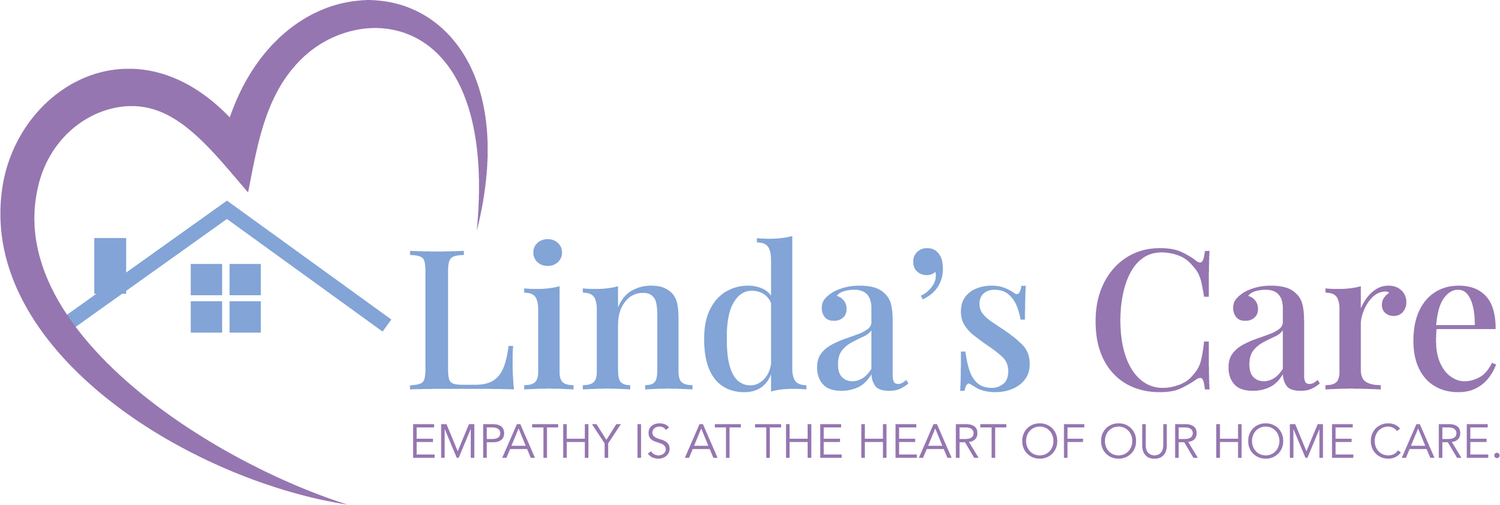6 Tips To Help Seniors Who Are Hoarders
Hoarding in seniors is dangerous.
A hoarder is someone who keeps a lot more stuff than they need and lives in extremely cluttered spaces. If you know a senior exhibiting this behavior, you may be worried – and rightfully so!
Physical dangers caused by hoarding include an increased risk of falling, obstruction of emergency workers, and unsanitary living conditions. It could also be an indication that a senior has a severe disease like Alzheimer’s or dementia.
What is hoarding?
Someone who is hoarding is buying and saving objects compulsively even though they have so much stuff in their home that they create health and safety hazards.
Seniors who hoard refuse to let go of anything and often claim that their possessions are:
Useful or needed for future use
Despite not needing or wanting the item, having great sentimental value, being unique, or being irreplaceable, they couldn’t resist incredible deals.
Hoarding health risks and dangers
The effects of hoarding on older adults include:
In the event of an emergency, firefighters and emergency medical technicians (EMTs) may not be able to get through the house to help
Due to extreme clutter, there is an increased risk of falling or being unable to move around.
Refusing home help affects their nutrition, hygiene, and medication because they refuse to allow anyone into their home (usually out of embarrassment or fear of upsetting their things).
The production of unsanitary conditions – spoiled food causes pests and food-borne illness.
Creating fire hazards – piles of old magazines, papers, and newspapers can easily catch fire.
What causes the hoarding behavior?
Right now, it’s not clear what causes hoarding. Doctors and psychologists believe hoarding to be a sign of dementia, other cognitive problems, or mental illnesses such as schizophrenia OCD, depression, or anxiety. Other triggers include extended periods of isolation, lack of cognitive stimulation, or traumatic events.
Diogenes syndrome is another possibility, and it can be triggered by dementia or frontal lobe impairment. Symptoms of this disorder include extreme self-neglect, squalor in the home, social withdrawal, apathy, compulsive hoarding of trash, and a total lack of self-respect.
6 tips to help seniors who are hoarders
1. Visit the doctor- If your elderly loved one suffers from hoarding, they might require professional help due to health conditions or mental health issues. You can determine if the behavior is caused by dementia or other diseases by having their doctor do a complete evaluation.
2. Consider therapy- Therapy (sometimes combined with medication) can help seniors control hoarding behavior if it’s not caused by a medical condition.
3. Be kind and compassionate- when urging them to declutter
Be patient and compassionate, and go slowly.
Instead of trying to tackle everything all at once, break the task down into smaller areas and rooms over time
Treat even small steps as a victory – letting go of one or two items could be a big deal for an elderly relative.
Demonstrate to your loved one that they can let go by letting go of a small portion of more oversized items.
4. Establish trust-It might seem like the relationship between you and your beloved is built already on love and trust. After all, organizing their home is a way to show them you care for their wellbeing. Although trust extends to one’s closest friends and family, it does not always apply when the hoard is at stake. The consequences are especially severe if you have obtained this person’s possessions without their permission or without considering their objections in the past.
5. Take it slow and be patient- Ensure that you verbalize and demonstrate how you will respect your loved one’s decision regarding cleaning. Using underhanded tactics may gain you access to some hoarded items, but they will likely hinder any long-term progress you may have made.
6. Celebrate Success- It’s important to celebrate even the smallest milestones, like recycling old newspapers! By setting a comfortable goal and achieving it, hoarders are far more likely to realize that the process of parting with possessions isn’t as distressing as they once thought. You can encourage your loved ones to strengthen their decision-making and organizing skills by providing them with positive reinforcement. Even though it will be a long process, there are ways to help elderly hoarders reclaim their homes and make them a safe and healthy place to live.
Many family caregivers do not anticipate dealing with a hoarding elder. An abundance of clutter and unhealthy and unsanitary conditions make it difficult for seniors to age in place or remain independent at home. By gaining a better understanding of hoarders’ behavior and learning a productive approach to addressing this, you will be able to minimize the hazards in your loved one’s home.
In the case of Diogenes, you may also wish to consult someone more knowledgeable about the condition. Contact a doctor or a senior care expert to discuss your options in more detail.
If you’re interested in more information about how in-home care can help your senior loved ones, contact Linda’s Care Home Care office today or call 215-383-5494.
